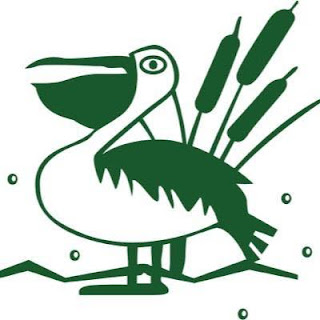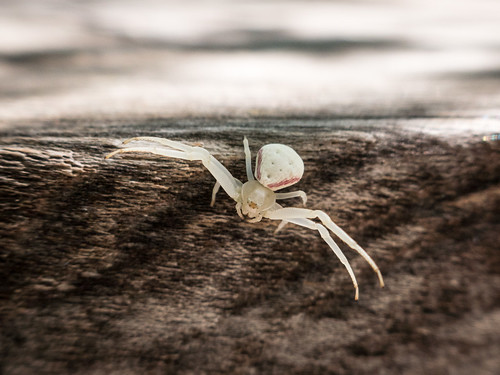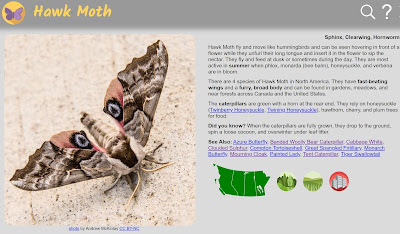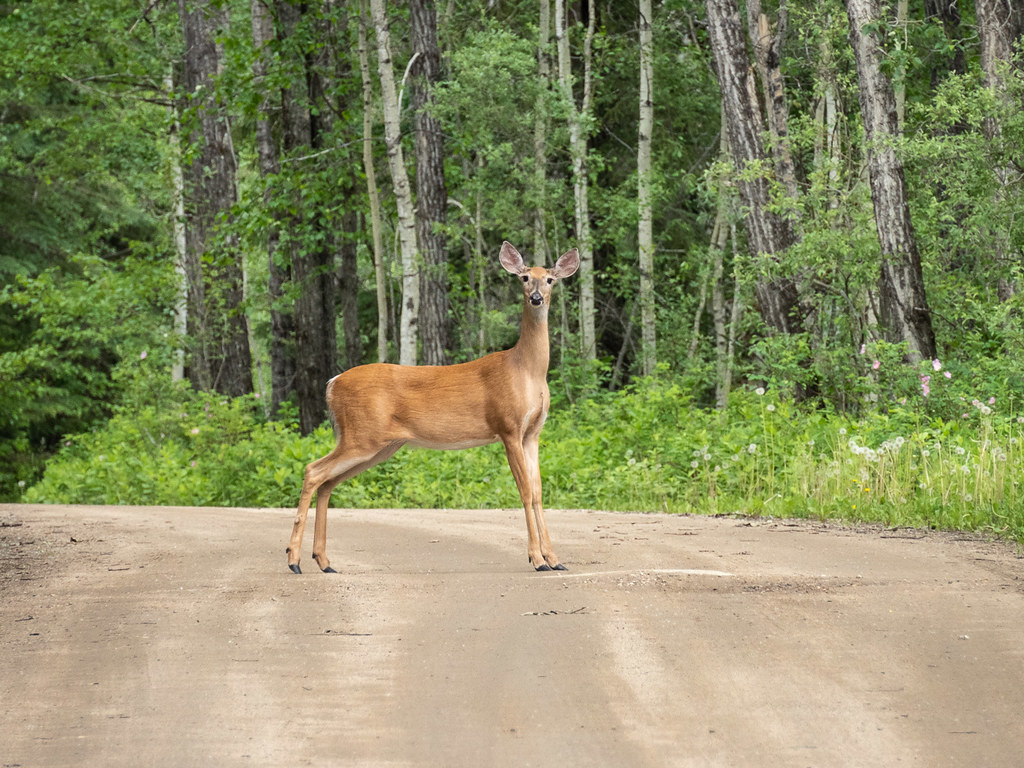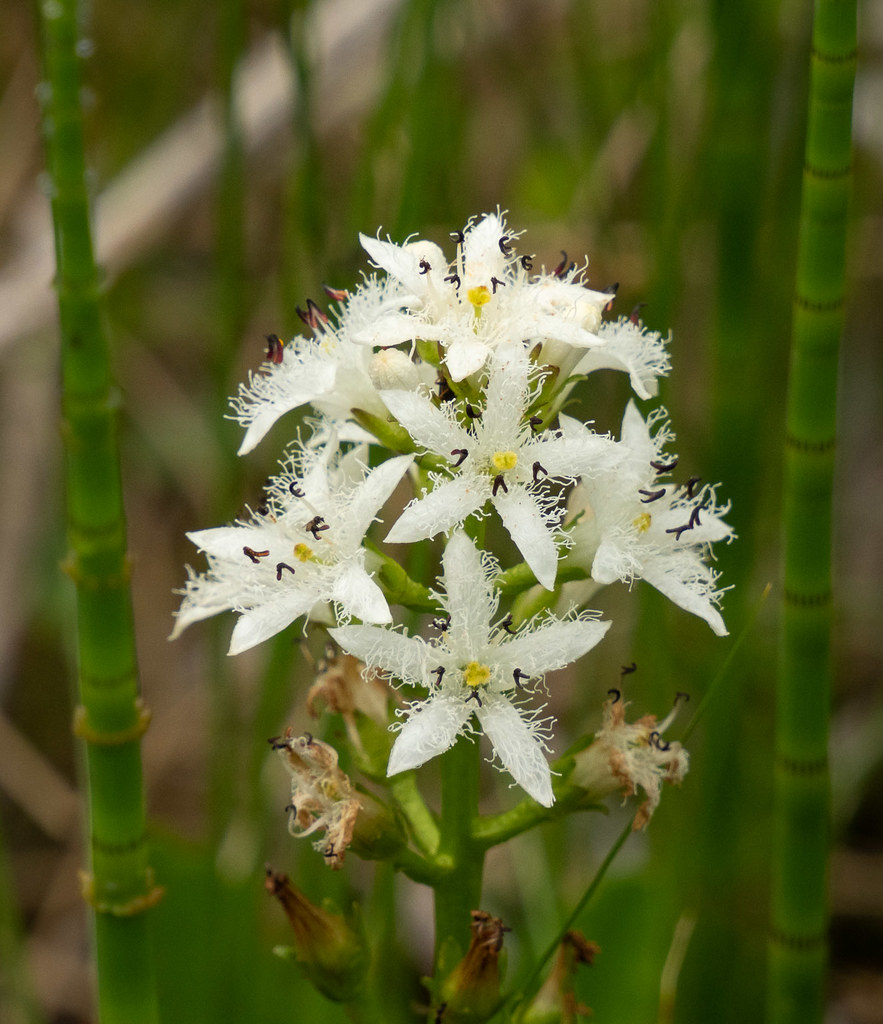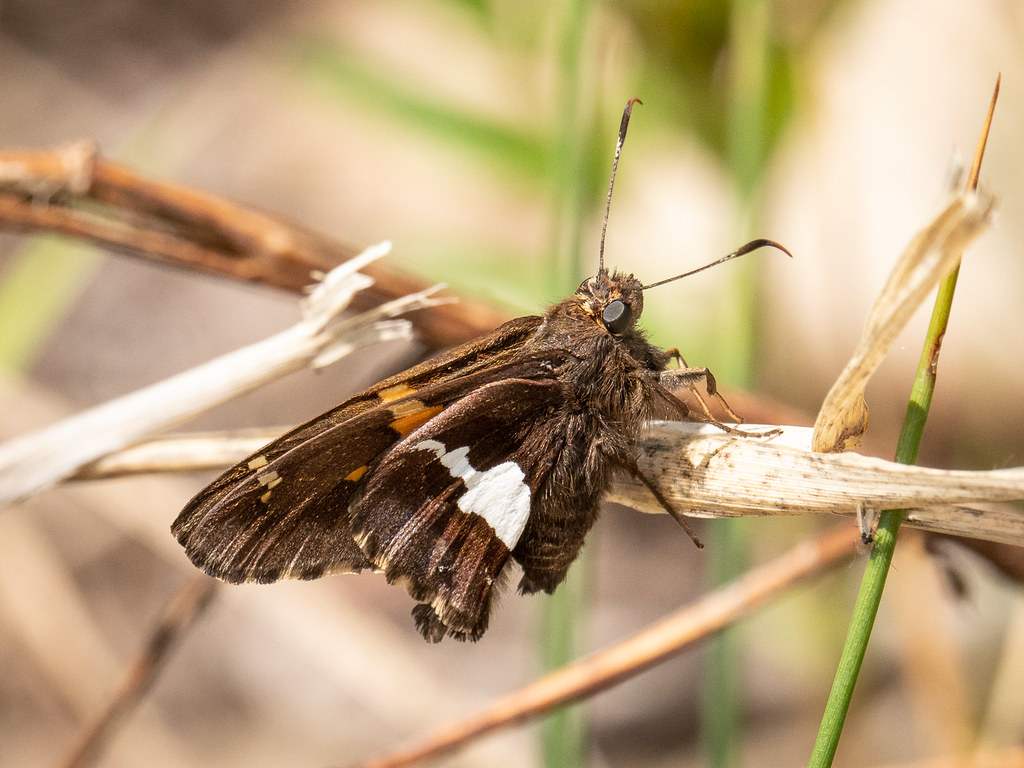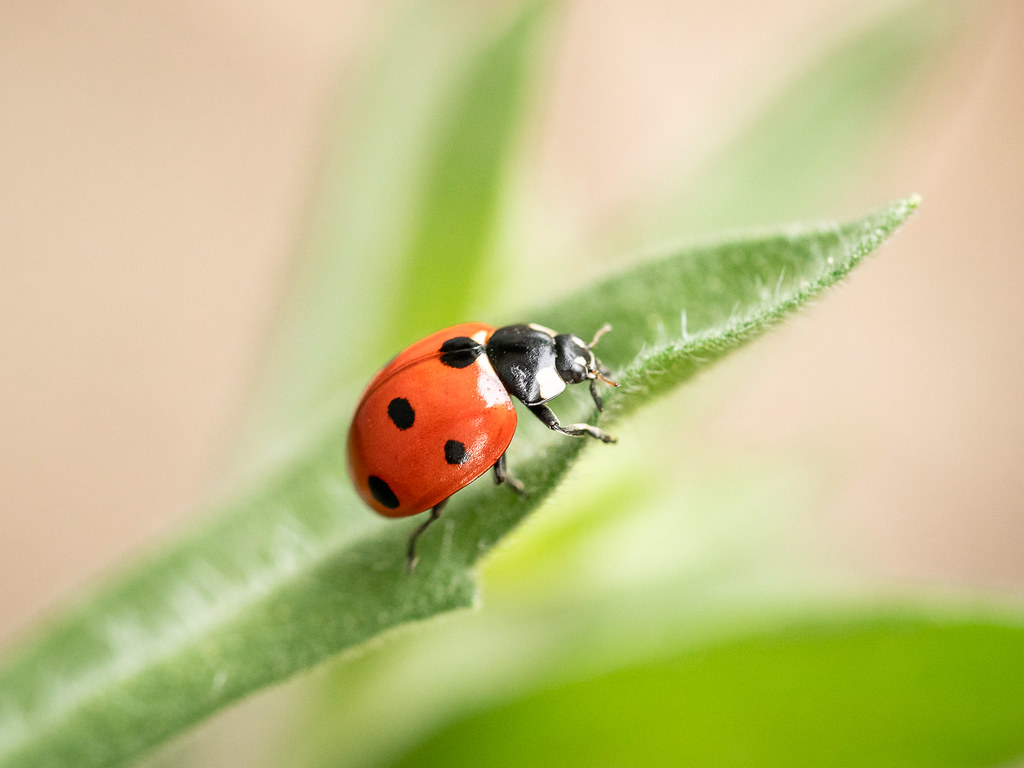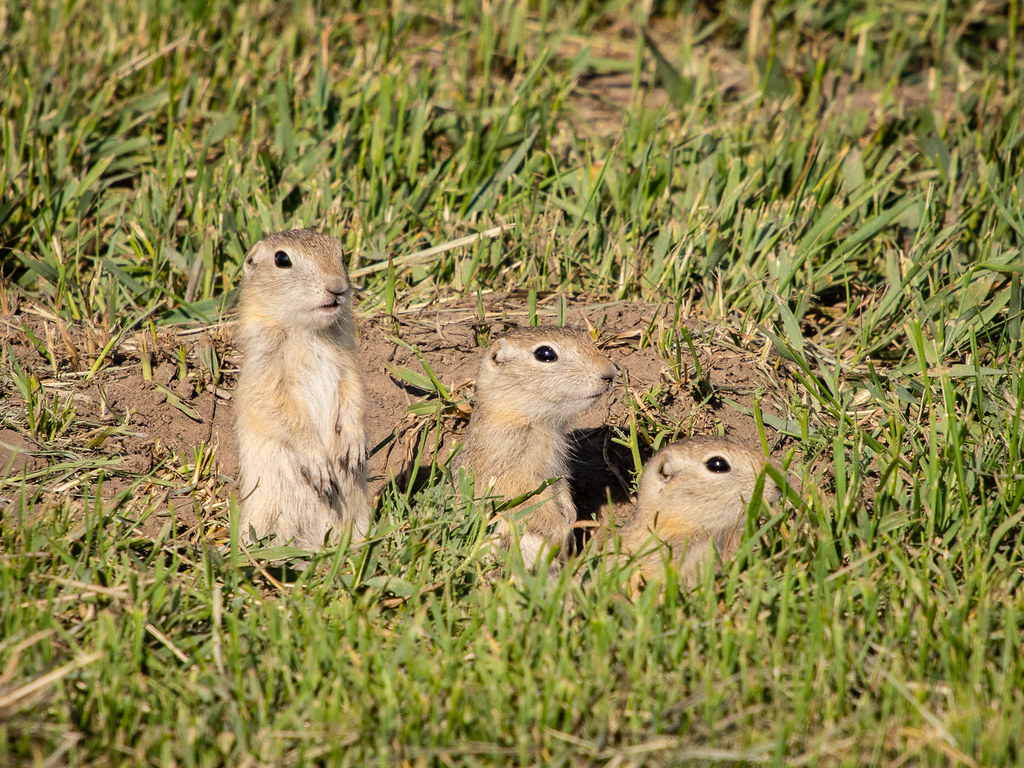1. How and when did you form your group?
Friends of Wascana Marsh (Friends) was created in 2003 in advance of the “Big Dig” project which was slated to deepen Wascana Lake. The group was formed with the general purpose of protecting Wascana Marsh and lobbying for conservation efforts to be taken during the Big Dig project. The project, under the direction of the City of Regina, contracted companies to drain the lake, remove 1.3 million cubic meters of material, and refill the lake. Minimizing general ecological and shoreline damage was our focus during this time.
2. What are your principal activities and why do you believe they’re important?
Our mandate continues to focus on the general conservation of Wascana Marsh and the protection of its species, as well as the promotion, use, and exploration of the marsh area. Today, most of our principal activities revolve around education and promotion of the marsh, specifically the Habitat Conservation Area.
Over the past few years, we have participated in multiple festivals such as the Cathedral Arts Fest and Summer Bash. We have also partnered with other nature-focused groups in Regina to co-host and participate in smaller events. In these settings we provide educational material through posters, pamphlets, and expertise. When possible, we attempt to bring the marsh to life wherever we go by offering activities such as mobile pond dipping (water samples are collected from the marsh and returned) and bug catching/viewing. These activities are used to educate children and adults alike on biodiversity within the marsh and surrounding area.
We have continued to organize and be involved in school days in which the Habitat Conservation Area is used as an outdoor classroom for a day in the spring. The Provincial Capital Commission’s (PCC) in-house ecologists assist us in taking multiple primary classes through various nature-focused activities.
Friends has organized and led multiple shoreline garbage clean-ups over the past few years with other local businesses and organizations in Regina.
Friends’ first major success came with our involvement in the Big Dig in 2003 by ensuring the City of Regina minimized the disruption to the Wascana ecology and shoreline. Over almost 20 years, we have successfully completed several projects of our own and supported many other organizations through various partnerships. In recent years some notable successes include supporting the Wascana Turtle Program, researching and lobbying for the implementation of black-marginated loosestrife beetles by the PCC and the City of Regina to deal with the purple loosestrife (invasive species) population, helping with the organization and operation of the City Nature Challenge in Regina, and operating small-group guided tours though the Habitat Conservation Area during the Covid pandemic. We are currently sponsoring the Regina Urban Wildlife Project to support the research of urban wildlife corridors and biodiversity monitoring in Regina.
4. What would you like to achieve in future?
Although no specific projects are planned, Friends continues to work towards the promotion of knowledge and community education along with respectful usage of Wascana Marsh. The Habitat Conservation Area and the broader marsh area have been a hidden gem within the City of Regina; we believe that we have a duty to promote urban ecological exploration and conservation of such a wonderful setting.
5. Are there volunteer opportunities with your organization? If so, please describe them and indicate how people can contact you.
We are always looking to broaden our volunteer base in order to run effective and engaging activities such as festival participation and guided tours. As we eventually get through the pandemic, many volunteer opportunities will arise. We suggest that anyone who is interested consider becoming a member of Friends of Wascana Marsh or joining our board. Our annual AGM is typically held in late January each year (January 20, 2022) with an open invitation to anyone to attend. We also welcome new members throughout the year so anyone interested is encouraged to check us out at any time. If you want to join us or simply want more information, email us at friendsofwascanamarsh@gmail.com
Photo credit: Friends of Wascana Marsh


